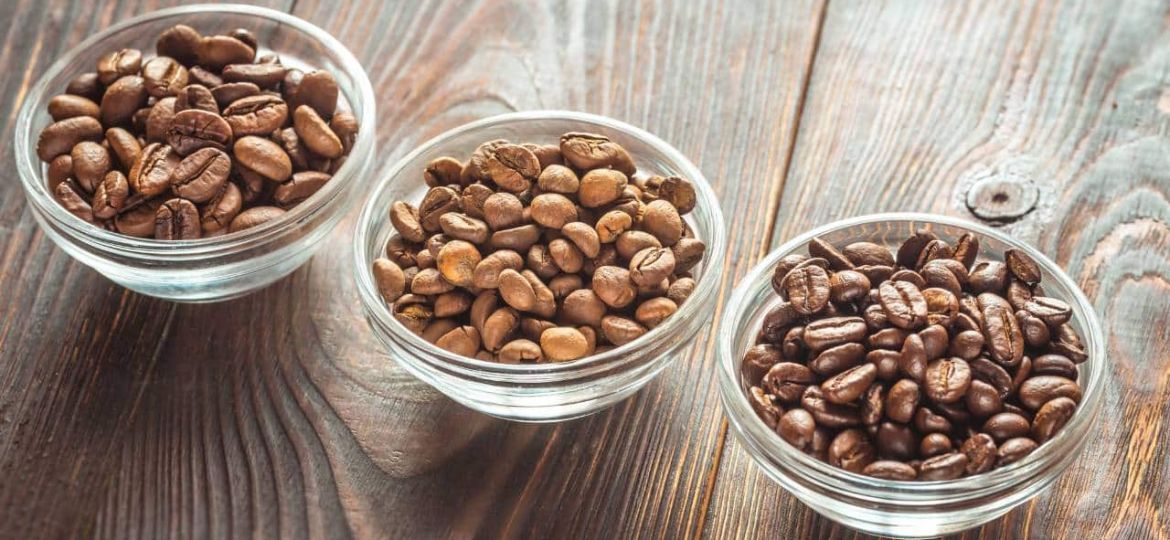
Low acid coffee is gaining traction among coffee enthusiasts who seek a milder brew that’s gentler on the stomach and teeth. Unlike traditional coffee, which can be quite acidic, low acid coffee is specially processed to reduce its acid content. This unique characteristic not only makes it a favorite among those with digestive sensitivities but also contributes to its growing popularity in the coffee world.
Key Takeaways
- Dental Health: Switching to low acid coffee can be a game-changer for your dental health. It’s less likely to erode tooth enamel or cause discoloration, so you can enjoy your daily cup (or cups) without worrying about compromising your smile.
- Exercise Performance: If you love coffee but not the acid reflux it can trigger during workouts, low acid coffee might be your new best friend. It’s formulated to reduce the likelihood of that uncomfortable burning sensation, so you can stay focused on your fitness goals.
- Antioxidant Levels: Low acid coffee isn’t just gentler on the body; it might also pack a more potent antioxidant punch. These compounds are crucial for fighting inflammation and could help lower the risk of several diseases, making your morning brew a healthier choice.
- Sensitive Stomachs: For those with sensitive stomachs, GERD, or acid reflux, low acid coffee can be a comforting alternative. It’s designed to be less irritating, potentially easing digestive discomfort and allowing you to savor coffee without the usual side effects.
- Flavor Profile: Not a fan of the bitterness in regular coffee? Low acid coffee offers a smoother taste, appealing to those who prefer a milder flavor. It’s an excellent option for anyone looking to enjoy coffee’s benefits without the bite.
What’s the Deal with Coffee Acidity?
When we talk about acidity in coffee, we’re not just discussing its pH level; we’re also referring to the flavor profile that gives coffee its bright, tangy spark. But for some, this acidity can be less of a perk and more of a pain, leading to digestive discomfort or enamel erosion. That’s where low acid coffee steps in – a brew designed to keep the pep in your step without the unwanted side effects.
Factors Influencing Coffee’s Acidity
- Bean Origin: Coffee beans from different regions come with their own unique acidity levels. For example, beans from Africa are known for their high acidity, while those from Brazil tend to be milder.
- Roast Level: Darker roasts generally have less acidity than lighter ones. The roasting process reduces the bean’s natural acidity, so if you’re aiming for a gentler cup, you might want to lean towards the darker end of the spectrum.
- Brewing Method: The way you brew your coffee can also impact its acidity. Cold brewing, for instance, is known to produce a smoother, less acidic drink compared to hot brewing methods.
Low Acid vs. Regular Coffee
So, how does low acid coffee stack up against its regular counterpart? Regular coffee can sometimes feel like a punch to the gut, especially for those with sensitive stomachs. It’s vibrant, lively, and, well, acidic. Low acid coffee, on the other hand, is like the mellow cousin – easier on the stomach and teeth, with a smooth, rounded flavor profile that’s less likely to cause discomfort.
If regular coffee’s brightness is too sharp for your liking or if you’re dealing with digestive issues, low acid coffee might just be the alternative you’re looking for. It’s all about enjoying the coffee experience while keeping your wellbeing in check.
Health Benefits of Low Acid Coffee
Gentle on Digestive Health: If your stomach often feels like it’s in a bout with your coffee, low acid coffee might be the referee you need. It’s known for being gentler on the stomach lining, making it a solid pick for those with GERD or acid reflux. Imagine sipping your morning brew without the usual tummy trouble—low acid coffee makes that a possibility.
A Smile-Friendly Brew: Your teeth will thank you for switching to low acid coffee. Regular coffee can be quite the adversary to dental enamel, potentially leading to erosion and discoloration over time. Low acid coffee dials down this risk, letting you flaunt your pearly whites without worry.
Antioxidant Advantage: There’s more to low acid coffee than just being kind to your stomach and teeth. It might come with a bonus of higher antioxidant levels compared to regular coffee. Antioxidants are like your body’s personal bodyguards, fighting off harmful molecules and potentially lowering the risk of various health issues.
Fitness-Friendly: For the fitness enthusiasts who love coffee as much as they love their workout, low acid coffee can be a game-changer. It’s less likely to provoke acid reflux during exercise, letting you focus on your performance without any uncomfortable interruptions.
How to Choose and Brew Low Acid Coffee
When venturing into the world of low acid coffee, the selection process is key. Look for brands that specifically market their coffee as low acid. These brands often use beans sourced from regions known for their naturally lower acidity or employ special roasting techniques to reduce acid levels.
For brewing, consider cold brewing, which naturally produces a smoother, less acidic cup. If you prefer hot coffee, using a coarser grind can help, as it extracts less acid during the brewing process. Also, decaffeinated coffees tend to be less acidic, so if you’re sensitive to both caffeine and acid, decaf might be the way to go.
FAQs
Does low acid coffee really work for sensitive stomachs?
Many people find that low acid coffee reduces their digestive discomfort, making it a worthwhile switch.
Will low acid coffee taste different?
Low acid coffee often has a smoother, milder flavor profile, which some drinkers prefer.
Any tips for brewing low acid coffee at home?
Opt for cold brew methods or use a coarser grind if brewing hot coffee to minimize acidity.
Final Thoughts
Low acid coffee offers a gentler alternative for those who love coffee but not the digestive or dental woes it can bring. Whether you’re looking to ease stomach discomfort, protect your teeth, or simply enjoy a smoother cup, low acid coffee could be the answer. Remember, the best coffee choice is one that aligns with your health needs and taste preferences, so consider giving low acid coffee a try to see if it’s the right fit for you.









